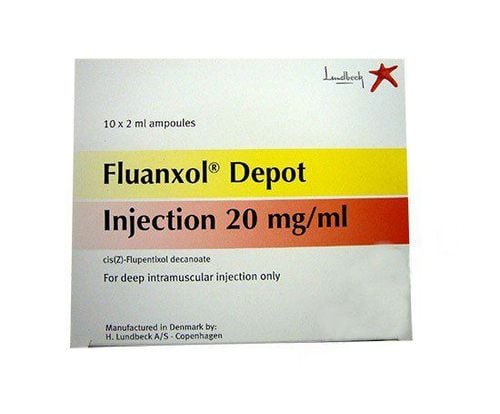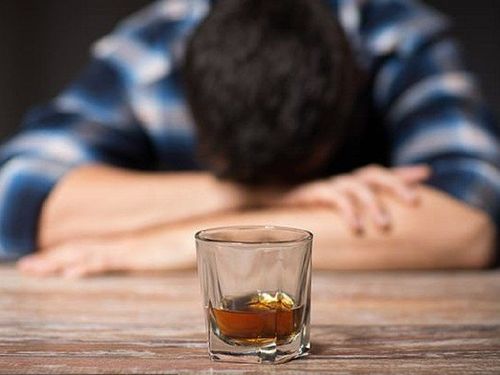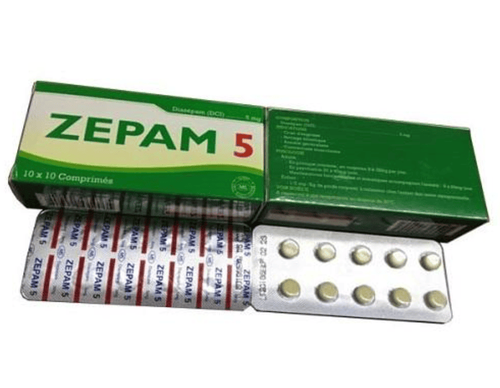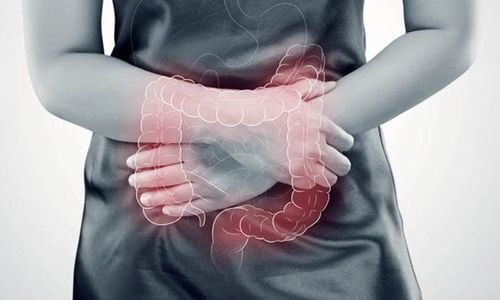This is an automatically translated article.
The article is professionally consulted by Master, Doctor Vu Huu Thang - Emergency Resuscitation Doctor - Emergency Resuscitation Department - Vinmec Ha Long International HospitalDrinking too much alcohol over a long period of time can lead to alcohol poisoning, which can cause health problems and even death. However, many people do not have basic knowledge about first aid and treatment for people with alcohol poisoning.
1. Alcohol poisoning
Alcohol is a form of ethanol (ethyl alcohol) found in alcoholic beverages, mouthwash, some medicines, and some household products. Alcohol gives drinkers a feeling of euphoria, reducing inhibitions and behavioral disturbances. When drinking alcohol, people will reduce their ability to control, the reflexes related to the eyes and ears are significantly reduced, and at the same time, dangerous to themselves and those around.Ethyl alcohol poisoning is usually caused by drinking too many alcoholic beverages, especially in a short period of time. For example, a concentration between 80-100mg of alcohol in 100ml of blood is considered alcohol poisoning and incompetence to drive. The more you drink, especially in a short period of time, the higher your risk of alcohol poisoning.
Alcohol poisoning can cause dangerous complications such as: suffocation, respiratory arrest, severe dehydration, seizures, hypothermia, irregular heartbeat, brain damage, even death. Therefore, in order to avoid alcohol poisoning and minimize dangerous complications, each person should equip themselves with knowledge about first aid and treatment of alcohol poisoning.

2. How to treat
Alcohol poisoning is an emergency so when you suspect that someone has alcohol poisoning - even if you don't see the usual signs and symptoms - seek medical attention right away.If in mild condition, the patient does not walk alone, do not drive, do not operate machinery or do other work. The patient should eat enough: starchy substances (rice, porridge, noodles, ...) or drink sugar water. When lying down to sleep, put the patient in a supine position, head and shoulders higher, keep warm and have someone to monitor (make sure breathing is even, smooth and ruddy, call to ask).
Here are some ways to give first aid to the sick.
Call an ambulance and take the patient to the nearest medical facility. If you know the type and amount of alcohol the person has consumed, tell the hospital or emergency nurse. This is useful information for doctors to help patients survive and limit dangerous complications. Do not leave an unconscious person alone, because alcohol poisoning affects the way the gag reflex works, a person with alcohol poisoning may choke from vomiting and be unable to breathe. While waiting for help, do not attempt to induce vomiting as this may cause airway choking. Help the patient to vomit by trying to hold him or her up. If the person must lie down, be sure to turn the head to the side - this helps prevent suffocation. Try to keep the person awake to avoid losing consciousness. When the patient has signs of weak breathing, stops breathing, give artificial respiration by means and conditions available in place. Observe the patient closely, if breathing is weak, stop breathing or cyan, give artificial respiration. Do not let the sick person fall or hit hard objects, do not put hard objects in the mouth.
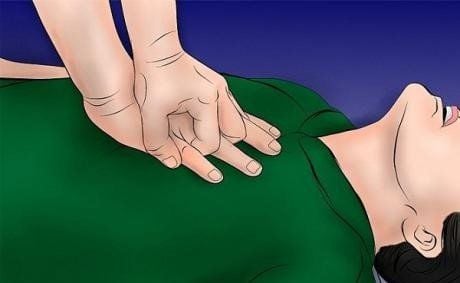
3. When should the patient see a doctor?
If the patient has one of the severe or dangerous signs, call for support and take him to the nearest medical facility for timely treatment.In case the blood alcohol concentration is less than 100mg/100ml of blood, just fix the patient at the bed, give him a lot of water (hot sugar tea), after a few hours, the patient will recover. In case of alcohol concentration from 100-200mg/100ml of blood, in addition to immobilizing the patient at the bed, it is necessary to use another 100-200mg of Vitamin B1 intramuscularly. Glucose 5% or 10% can be infused into the patient. Gastric lavage should be performed on the patient to eliminate alcohol remaining in the gastrointestinal tract. Patients should be monitored for respiratory rate, pulse, and blood pressure. Patients should not be allowed to sleep deeply, often wake them up so that they do not "forget to breathe". In case of alcohol concentration, blood alcohol concentration over 200mg/100ml of blood, in addition to the above treatment, the patient should be placed a Monitor for monitoring. In case of respiratory failure, the patient should be intubated and mechanically ventilated. Do not use sedatives, tranquilizers and sleeping pills for patients because they will increase the risk of respiratory failure. Simple measures such as inducing vomiting in the patient can be useful in the emergency of alcohol poisoning because they help clear large amounts of alcohol remaining in the gastrointestinal tract. However, if the patient has been drinking alcohol for a long time, this measure is less effective because alcohol has been absorbed into the bloodstream.
Please dial HOTLINE for more information or register for an appointment HERE. Download MyVinmec app to make appointments faster and to manage your bookings easily.
Reference source: Mayoclinic.org




